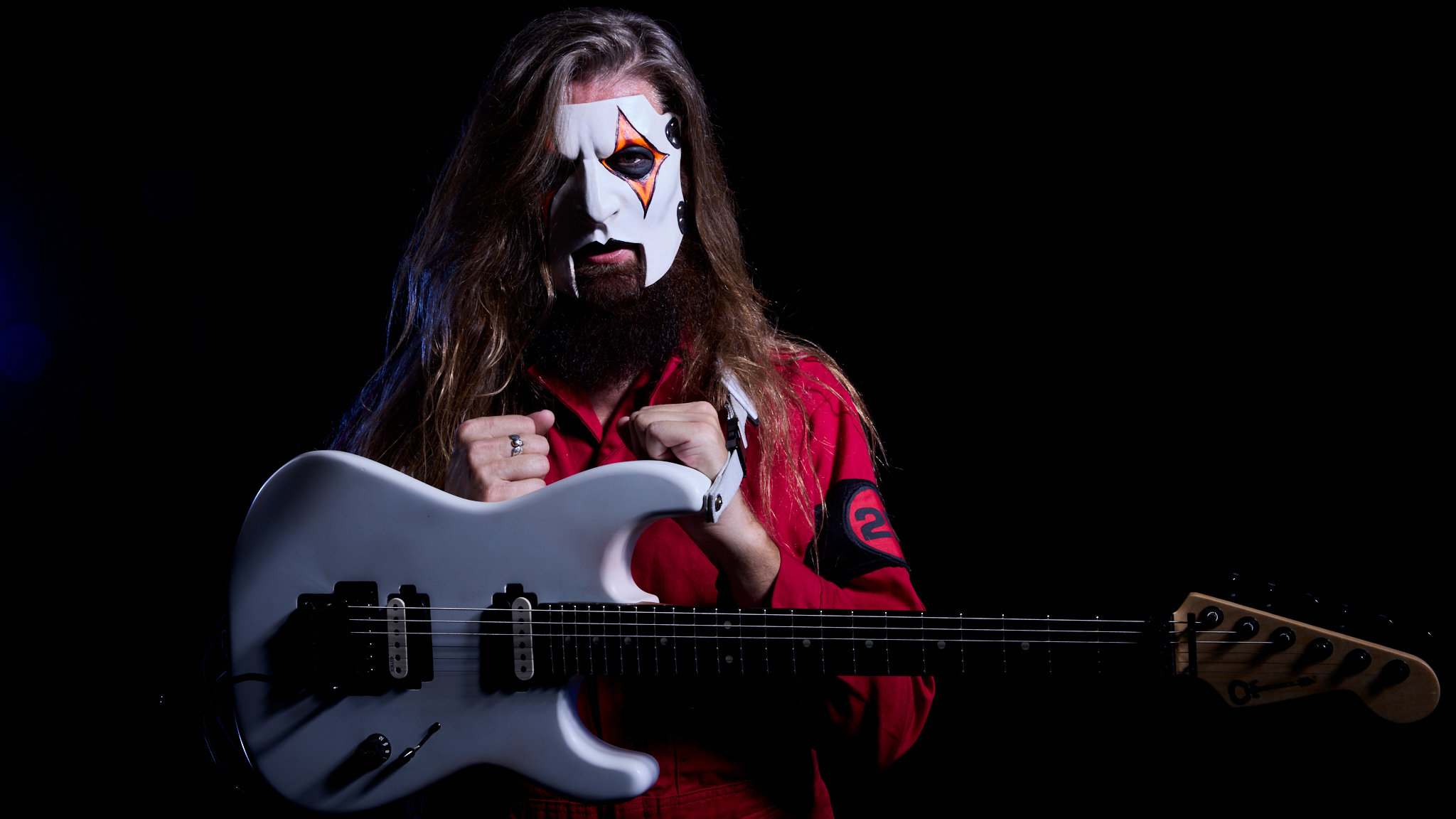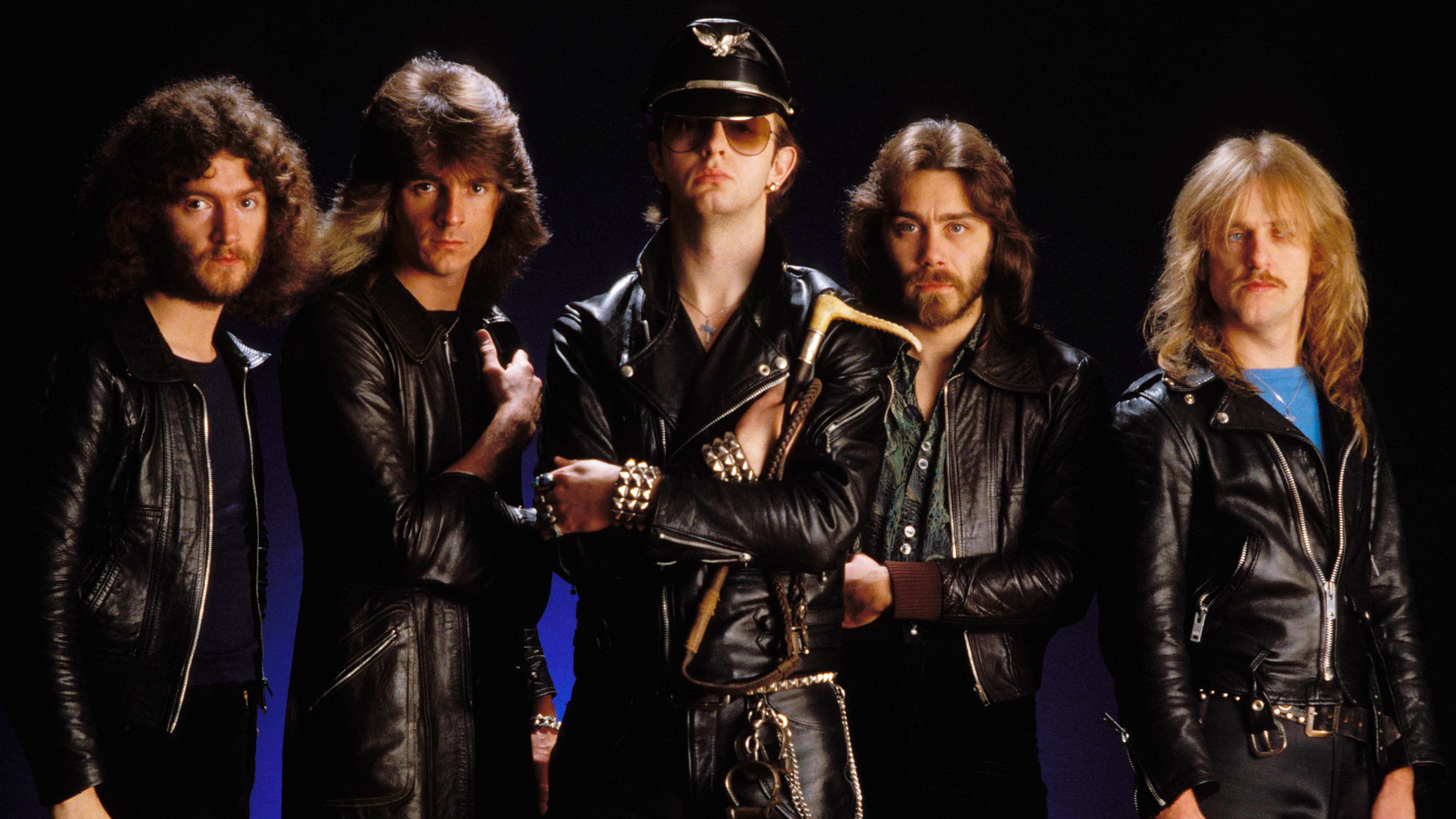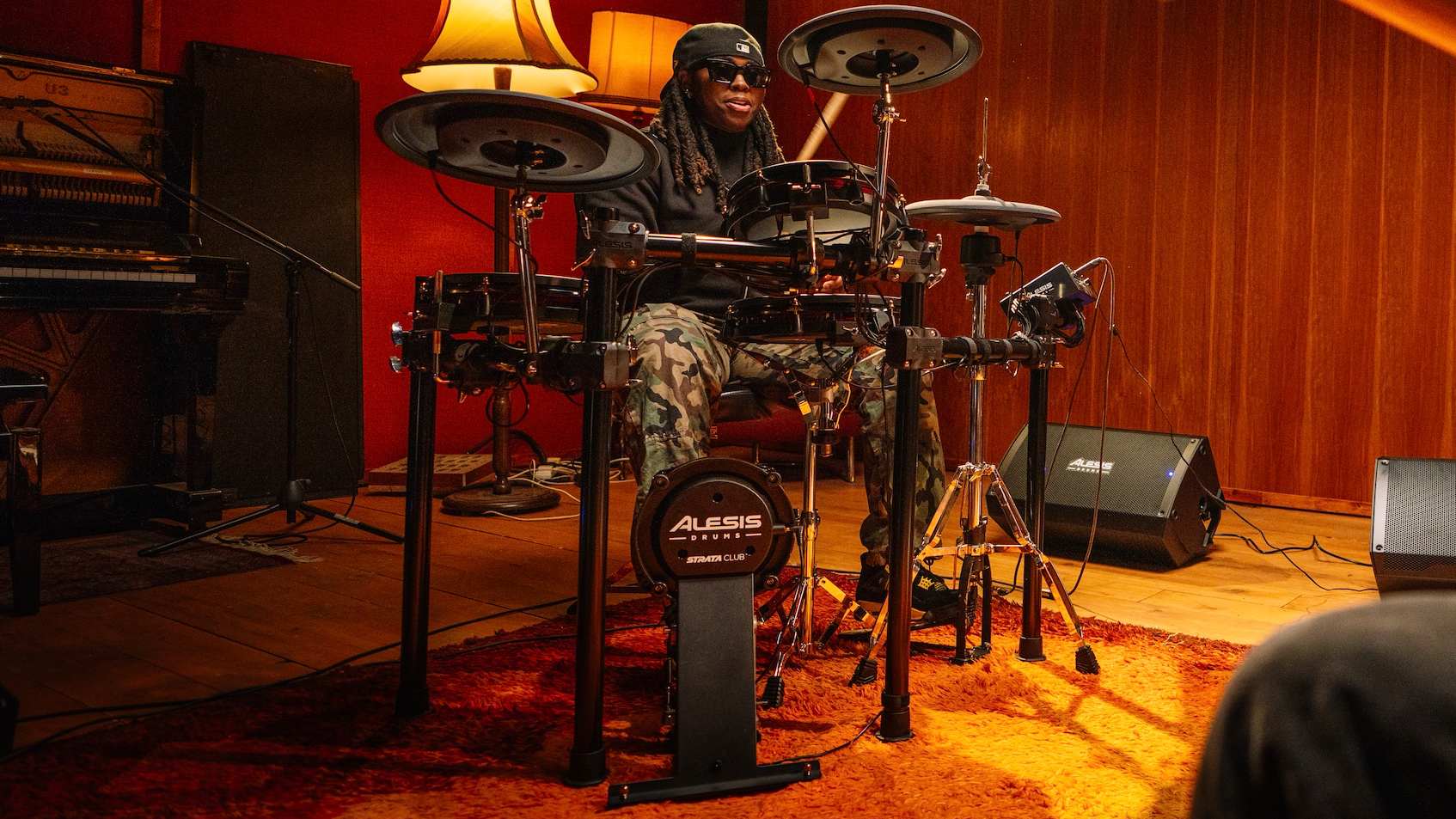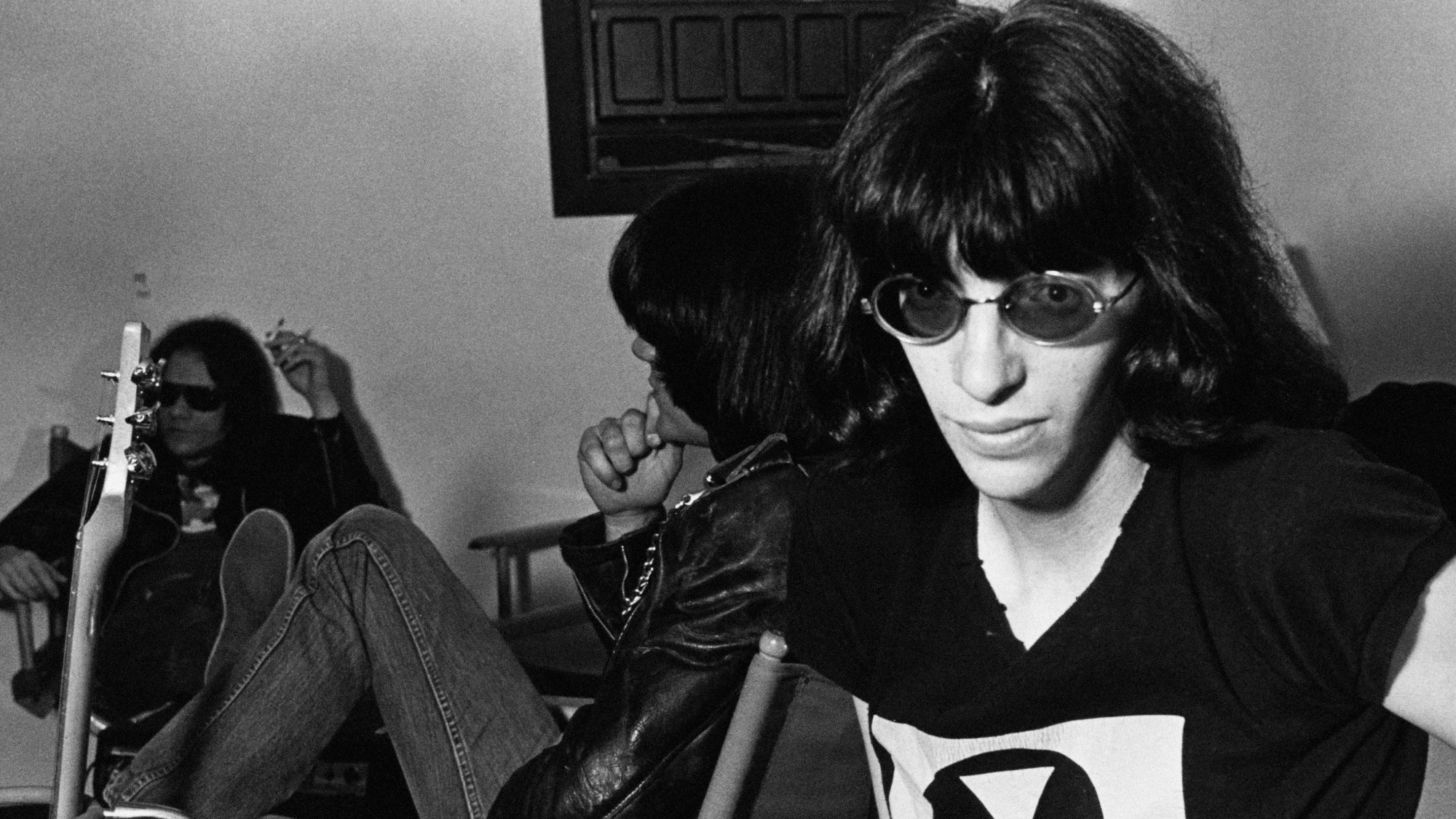Tom Odell: “I couldn’t make the music I make today without having learned music theory”
Singer shares his songwriting secrets and discusses the terrors of social media

Tom Odell shot to fame in 2012 with the top ten hit Another Love, followed by the chart-topping debut album Long Way Down. Success came instantly for the British singer-songwriter, who initially signed for Lily Allen’s short-lived In The Name Of label. Since then, the numbers have been impressive, with Odell selling 1.8 million albums and 10 million singles, plus enough streams to crush a calculator.
The driving piano pop of Odell’s 2016 album Wrong Crowd held nothing back, cementing his international success. Meanwhile, last year’s Jubilee Road showcased his musical dexterity, with Odell’s superlative playing dovetailing with his trademark emotional vulnerability.
We sat down with to Tom to talk about his inspiration and involvement with Julius Meinl’s Pay With A Poem campaign.
You wrote songs from a young age, but kept them secret. Did you have the self-awareness to realise you still had a lot of learning to do?
“It’s hard to remember but, genuinely, it was because I didn’t do it for anybody else’s pleasure. I found the craft and the challenge of it to be quite satisfactory without having to play it to anyone. It’s a bit like an amateur painter.
“I remember my grandma used to paint flowers and, in the first part of her career, she never used to show anyone. I guess there’s a presumption that when you make art you have to show it to people; maybe you don’t.”
Are you innately self-deprecating?
Get the MusicRadar Newsletter
Want all the hottest music and gear news, reviews, deals, features and more, direct to your inbox? Sign up here.
“When I was young I was probably a little bit of a show off, but also quite shy. I was never in front of a mirror with a hairbrush in my hand. I didn’t let anyone hear me sing until I was 17. I wouldn’t say I was self-deprecative, just realistic.”
When you watch talent shows, do you find those with the most humility are often the best?
“There’s that great Charles Bukowski quote, 'The problem with the world is that the intelligent people are full of doubts, while the stupid ones are full of confidence'. I think that’s a little bit brutal, but there’s some truth to it. That’s not in relation to X Factor by the way [laughs]. I guess it’s something to do with being English, isn’t it? We’re taught not to shout about our own success; we’re much more reserved.”
What did you study at the British and Irish Modern Music Institute?
“I went there because I didn’t get into Liverpool, a place called LIPA, and I needed to leave home and live somewhere else. My second choice was to go to Brighton and I’d read about the college and thought it was great. I went there for a year, did a hell of a lot of gigs and met some great people.”
What did you learn from that experience?
“Like any job, particularly one where there’s not an established route to a career, the biggest thing is just to be around other people who are doing it. When you come from a small town like I did, there are very few people around interested in songwriting, so I had to move somewhere where I could surround myself with those types of people.
“I can’t say I specifically learned anything, other than meeting people who had the same passion as I did. For me, writing music’s not a vocational thing and learning music thesis was irrelevant. I needed to be around people writing songs and have the time to do it. That’s how I learnt stuff.”
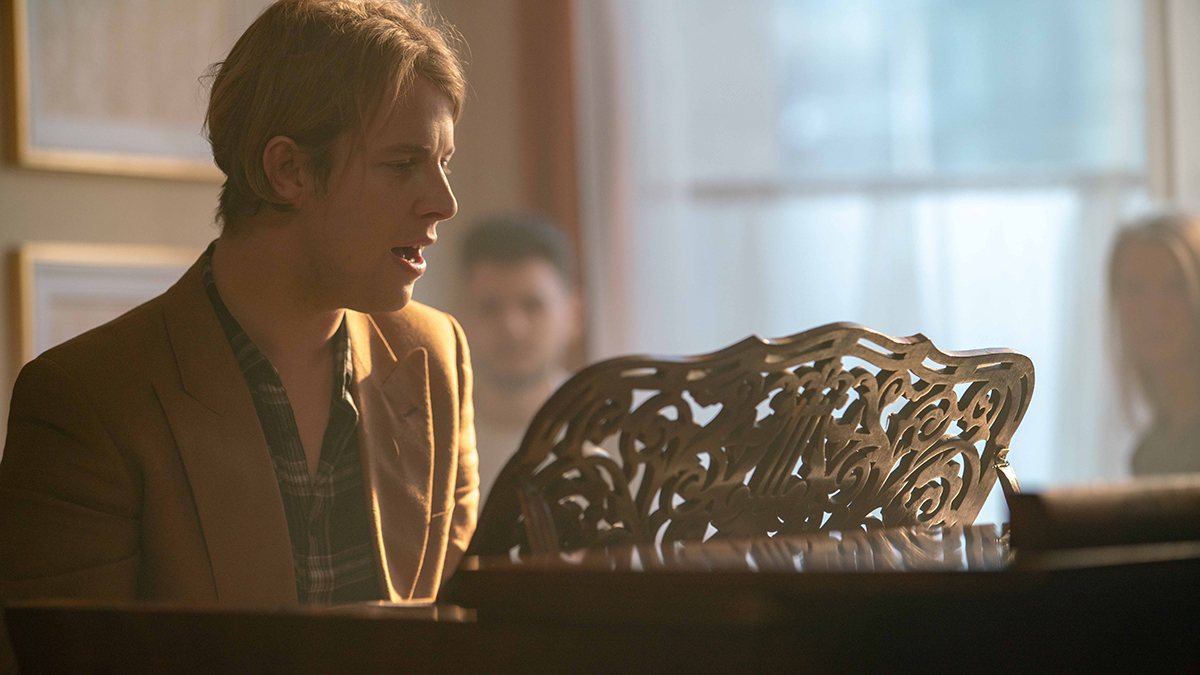
Did you study music theory?
“I did music theory when I was a kid, but only because I had to when I was learning to play piano. But it’s always benefited me. I couldn’t make the music I make today without having learned that. I write songs and produce my records, but in order to do that I had to have a theoretical understanding of music.”
At the same time, did you have to go through a period of unlearning to find your own voice?
“I don’t feel it led me down a path that I later wanted to move away from, but I think what you’re touching on has an interesting element to it. Naivety can be a wonderful songwriting tool, but when you hear a record on the radio, or any album, whether it’s Nirvana or a pop song, at some point someone has used a degree of musicianship to get there, whether that’s the artist or someone who’s helped them to get to that point. There’s always a degree of musicality that has to be learned.”
That doesn’t stifle your ability to think outside of the box?
“I understand what you’re saying, that too much theory can stifle creativity, but I actually don’t agree with it. Take the Beatles, for example: every record had some of the most creative musicians on there, and all four of those guys were incredible players, but they had George Martin producing them, and he was a trained musician with an incredible mind. With every great musical act, you’ll find a degree of knowledge lies behind it.”
Are the songs all in your head, or do you start with a blank canvas?
“I think they’re in there somewhere, but to be honest with you I wish I knew where. I think the one thing I’ve definitely learned is that creativity is sort of like a machine - you have to put stuff in to get it out. In that way, I’d say that I have to keep myself inspired and keep that fire burning. I find that I write more when I surround myself with music, film or art as much as possible.”
What’s your typical songwriting process?
“The piano is my focal point. The writing part takes the most amount of time and then I’ll tend to make a demo in a couple of hours. I have a studio at home, but I can write demos on the road or even in a dressing room. Sometimes I’ll work with the band, because I’ve played and worked with them for many years, but initially it’s just me.”
How did your partnership with Julius Meinl come about?
“Well, they asked me if I wanted to take part in the Pay With A Poem initiative, which I thought was a really wonderful idea. In this digital age, I think it’s nice to encourage people to take some time away from their phones and live in reality for a while by finding a moment of inspiration to put pen to paper and write some poems. Pay With A Poem is in its sixth year now, and there have been hundreds of thousands of poems written since its inception.
“I’m also a big coffee drinker, so getting together with some Viennese coffee roasters seemed like a nice thing to be involved in - maybe they can send me some after this interview [laughs].”
Do you feel social media has a negative impact on your life?
“I’m not altogether comfortable with it, and I’m not sure the world is comfortable with it yet. I read some things suggesting we’re in the infant stages of social media and it’s the Wild West out there. I think it’s a deeply terrifying place, and it’s especially terrifying to see it being used in politics. I use it a bit, but not massively. I’m more focused on music, so I’m busy touring this year and writing as well - hopefully there’ll be something new soon.”
To find out more about how you can be involved with Pay With A Poem, visit the Julius Meinl website and Facebook page. You can follow the social conversation using #PayWithAPoem and #PoetryForChange.
“KIKI BOY 2025”: Frank Ocean appears to be teasing something... or other
“Not quite my cup of tea… I feel like I’d hear this on iHeartRadio or something”: Bon Iver’s Justin Vernon takes to the streets of New York to play people his new album… and nobody knows who he is



